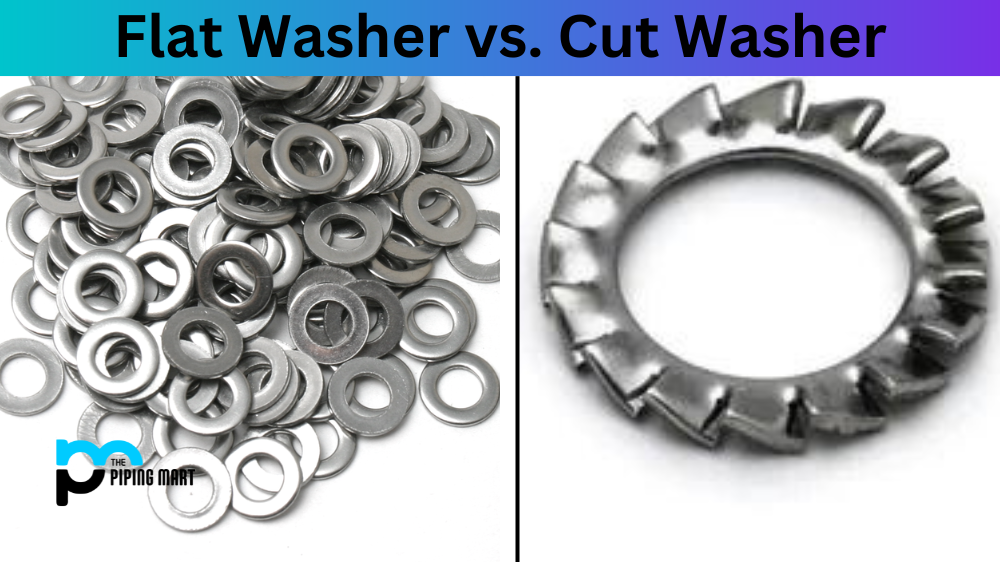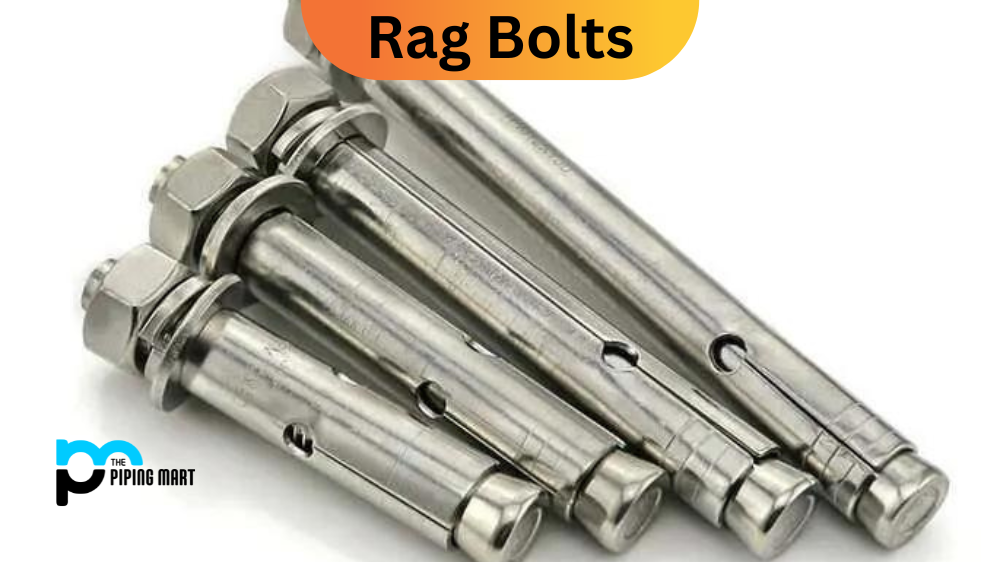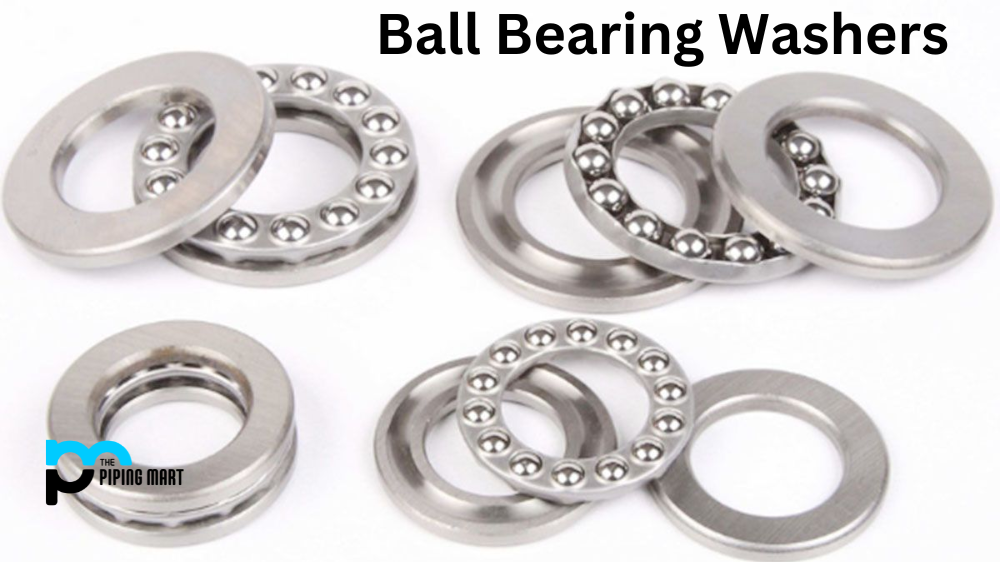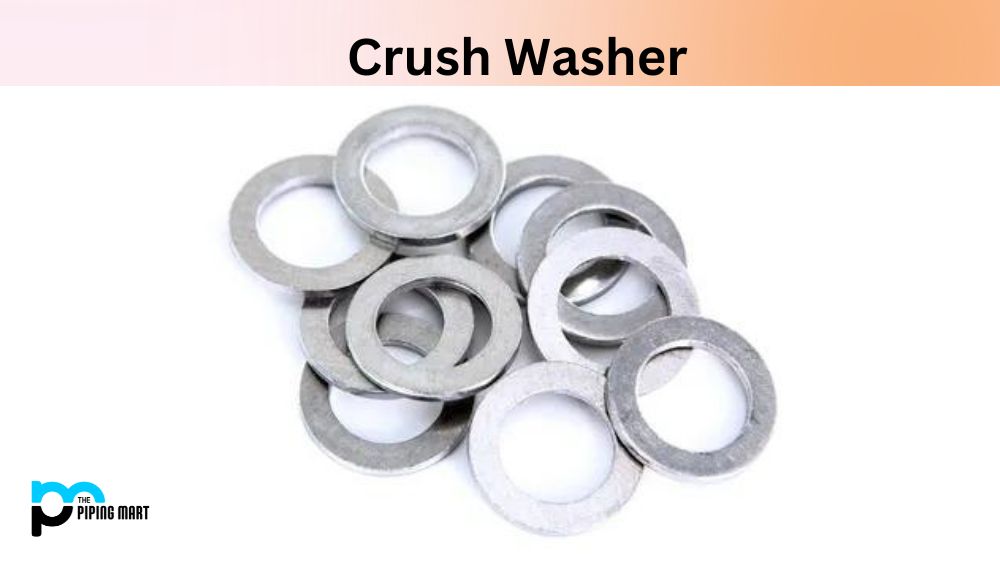When working on a project involving bolts, screws, and nuts, you may need to use washers. Washers are essential for providing a smooth and even surface for the nut or bolt head to rest against, which can prevent loosening over time. You can use two types of washers for most projects: flat and cut washers. Each kind has unique advantages and disadvantages, so which should you choose? In this blog post, we’ll look at flat washers and cut washers, so you can decide which is right for your project.
What is Flat Washers?
Flat washers are circular, with a smooth, flat surface. They distribute pressure evenly across the surface of the fastener, protecting the surface from uneven pressure that could cause damage. They’re also excellent at protecting the surface from corrosion. Flat washers are commonly used for applications that require a large surface areas support, such as electrical connections, automotive restoration, and plumbing repairs, as they offer a good amount of support.
What is Cut Washers?
Cut washers are also circular but not flat – they have a wave-like pattern. This pattern can help lock the nut or bolt into place, preventing it from loosening. Cut washers are often used in high-vibration environments or with heavy machinery to keep nuts and bolts from coming loose and reduce the risk of accidents. They’re usually made from heavier gauge material than flat washers to withstand more wear and tear.
Difference Between Flat Washer and Cut Washer
While flat washers are ideal for most applications requiring support and protection, cut washers are best when you need a lock mechanism to prevent bolts or nuts from turning during operation or when working in an environment that requires additional security for safety or stability. If you need help determining which is better for your project, try using both. Flat washers are generally more readily available in stores and are less expensive than cut washers.
Factors to Consider
Besides the nature of the project, there are other factors to consider when deciding between flat washers and cut washers. One such factor is the type of material the washer is made of. Steel washers work well in most situations, but stainless steel and brass washers are highly resistant to corrosion and can be used in projects where water or moisture is involved. You also need to ensure you get the right size for the bolts you use. Make sure you measure carefully to avoid potential damage.
Conclusion
In conclusion, choosing between flat washers and cut washers depends entirely on your specific project requirements. Flat washers offer excellent support and protection for the application, while cut washers provide additional locking capabilities. Consider factors such as material, size, and application when making your final choice. By following these considerations, you should be able to select the most suitable washer for your needs. Remember, when installing washers, ensure you use your safety gear and follow all the necessary guidelines to prevent accidents.

Meet Bhavesh, a seasoned blogger with a wealth of knowledge and experience. From metal products manufacturing to retail, Bhavesh has a diverse background in various industries and is dedicated to sharing his insights and expertise with readers.




